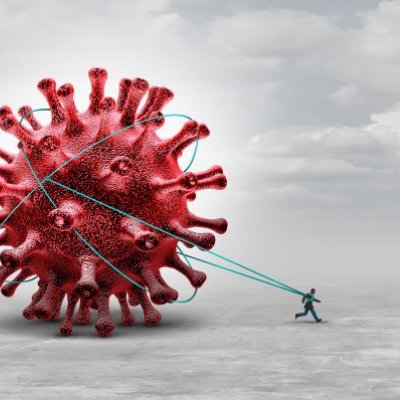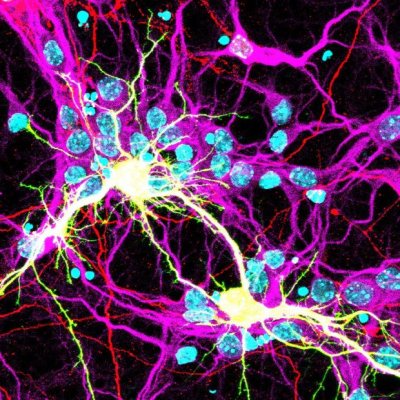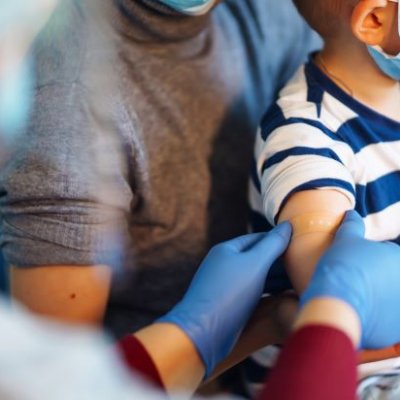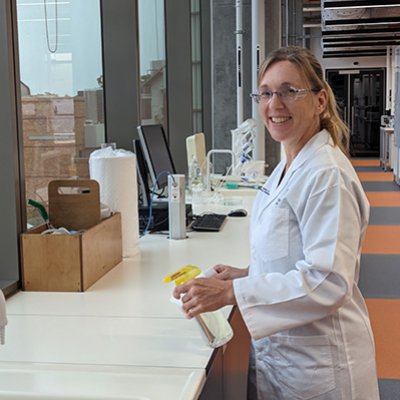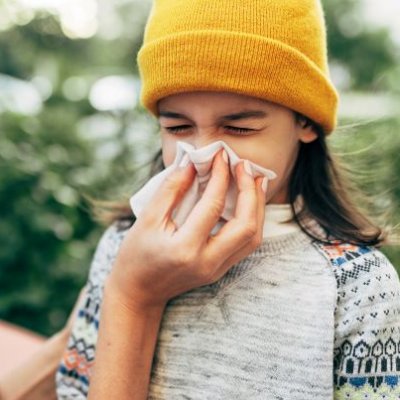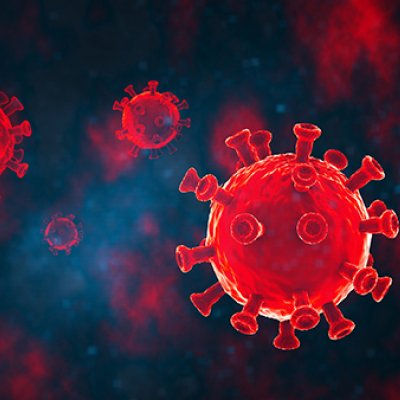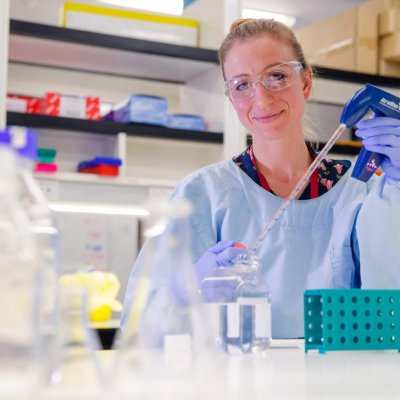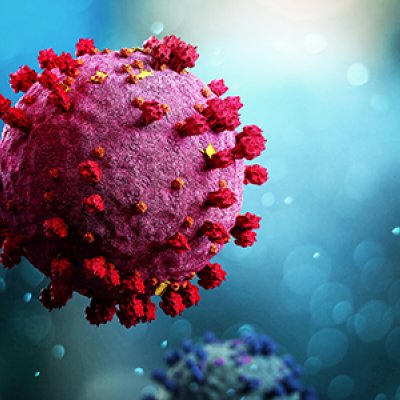UQ-led research has found inflammatory markers in the blood of long COVID patients which could explain why many experience ongoing cardiovascular issues.
31 October 2024More than 1,400 experts have visited Brisbane for the world’s only scientific meeting dedicated to influenza, chaired by UQ's Associate Professor Kirsty Short.
4 October 2024The UQ-led and developed COVID-19 Risk Calculator has been updated to determine a person’s risk of developing long COVID.
1 August 2024University of Queensland researchers have secured more than $3.8 million from the Medical Research Future Fund to develop solutions to healthcare challenges.
14 June 2024Three researchers from The University of Queensland have been recognised in the Australian Academy of Science 2024 honorific awards.
3 April 2024University of Queensland researchers have used machine learning to help predict the risk of secondary bacterial infections in hospitalised COVID-19 patients.
2 February 2024University of Queensland-led research shows being overweight can impair the body’s antibody response to SARS-CoV-2 infection but not to the protection offered by vaccination.
4 December 2023Researchers at QBI have discovered viruses such as SARS-CoV-2 can cause brain cells to fuse, initiating malfunctions that lead to chronic neurological symptoms.
8 June 2023Parents can now use a ‘COVID calculator’ to help weigh up the risks and benefits of COVID-19 vaccinations for their children.
13 March 2023The unique genetics of the Australian black swan leaves the species vulnerable to viral illnesses such as avian flu, University of Queensland research has revealed.
23 January 2023University of Queensland researchers have developed a world-first surface spray that has the potential to kill viruses such as COVID-19 and potentially deadly bacteria.
18 January 2023University of Queensland researchers have discovered how COVID-19 damages the heart, opening the door to future treatments.
30 September 2022University of Queensland-led research has found the lining of children’s noses is better at inhibiting SARS-CoV-2 infections than adult noses.
4 August 2022The University of Queensland has updated a calculator to help people understand their risk factors for COVID-19 infection and vaccination with the Pfizer vaccine.
22 December 2021The SARS-CoV-2 virus does not infect blood vessels, despite the high risk of blood clots to COVID-19 patients, University of Queensland researchers have found.
27 October 2021A calculator to help people understand their risk factors for COVID-19 infection and vaccination has been launched by the Immunisation Coalition in collaboration with Australian researchers.
25 October 2021A project developing a test and treatments that would be effective against multiple viral threats could become a cornerstone of the world’s response to future pandemics.
14 September 2021Victoria’s current COVID outbreak took another turn last week when a new variant was discovered by health authorities.
8 June 2021COVID-19 patients who are overweight or obese have more severe symptoms and are highly likely to require invasive respiratory support, according to a new international study.
16 April 2021A subtype of asthma in adults may cause higher susceptibility to influenza and could result in dangerous flu mutations.
17 February 2021- 1 of 2
- next ›


